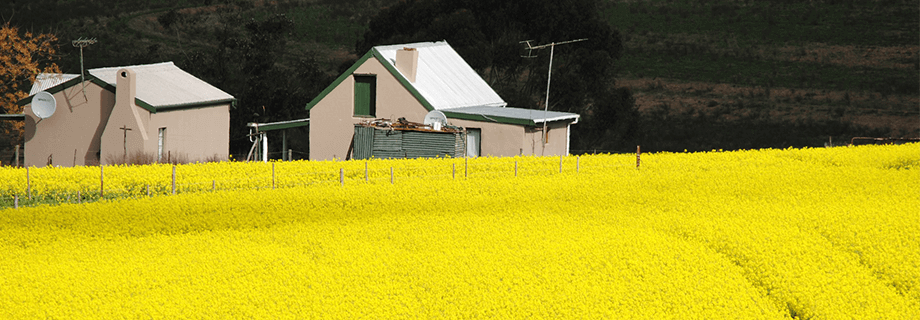“I Had a Farm in Africa…”

Less than 30% of total cultivable land in Africa is presently under cultivation. That excludes forests. The data may be unreliable, but for want of better, Africa has an estimated 800 million hectares of cultivable land, of which some 227 million ha are presently used for food production (FAO).
FAO says too that 80% of the world’s reserve agricultural land is in Africa and South America. Land leasing, however, has become a highly emotive subject. The popular term “Land Grab” already sets the tone.
A new online database – The Land Matrix – has records of large-scale land deals that have taken place around the planet over the last 12 years. It’s well worth a visit. 200 million hectares (495m acres) of land – roughly eight times the size of the United Kingdom – have been sold or leased over the last 12 years. Surely a good thing, since the planet is apparently heading for major food shortages. But then there’s that magic 30% figure popping up again.
Researches believe that some 30% of these land deals are not in fact producing any food. In other words, the new owners are doing nothing with the land. And in some cases, are known to be chasing off the previous tenants, who may have lived there for generations. Meanwhile, FAO tells us that up to 30% of all food produced on the planet is in fact wasted!
Each time I travel in Africa and enjoy the magnificent views of land and sky stretching to eternity, I am struck by the emptiness, mile after mile of open, uncultivated land. So I turned to South African farmers for their view. After all, one South African commercial farmer is said to feed 1600 people, while the average African farmer can only feed 26 people. So-called “commercial” farmers in South Africa, as opposed to “smallholder” farmers, are moving out all over Africa to farm the land with hard work and shear guts.
Farming in Africa, according to a speaker at a recent conference organized by AGRI SA, the South African farmers union, presents many challenges including:
- Malaria present in most countries
- Poor medical treatment and hospital facilities
- Poor communications
- Language problems
- Poor roads
- Border post delays
- Lack of easily available spare parts for machinery and equipment
- Poor schooling.
On the upside, farming in Africa also has many advantages, including:
- Free land
- Tax holidays
- Free water
- Cheap labor
- Access to foreign markets, often at a preferential rate
- Duty free imports of agricultural inputs
- Cheap electricity.
I wonder what Karen Blixen would have said about land lease?



